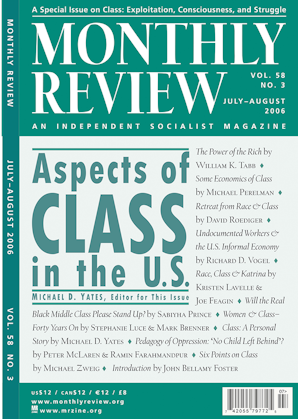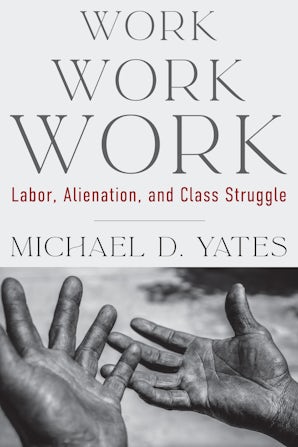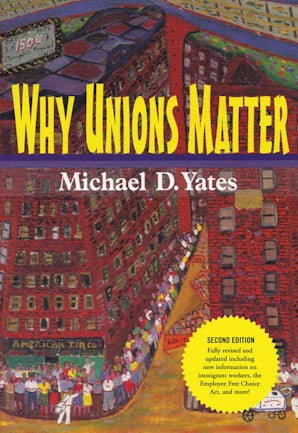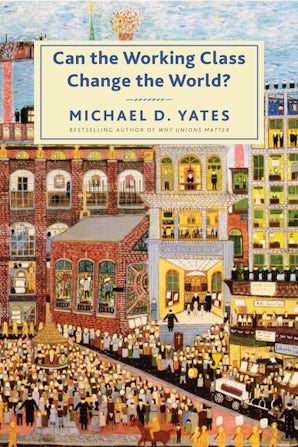Also in this issue
- Aspects of Class in the United States: An Introduction
- Hurricane Katrina: The Race and Class Debate
- The Pedagogy of Oppression: A Brief Look at 'No Child Left Behind'
- Women and Class: What Has Happened in Forty Years?
- Some Economics of Class
- The Retreat from Race and Class
- The Power of the Rich
- Harder Times: Undocumented Workers and the U.S. Informal Economy
- Six Points on Class
- Remembering John Kenneth Galbraith
Books by Michael D. Yates
The Political Writings of Bhagat Singh
Edited by Chaman Lal and Michael D. Yates
Work Work Work
by Michael D. Yates
Why Unions Matter
by Michael D. Yates
Can the Working Class Change the World?
by Michael D. Yates
The ABCs of the Economic Crisis
by Fred Magdoff and Michael D. Yates
Article by Michael D. Yates
- 'Ballad of an American': The Illustrious Life of Paul Robeson, Newly Illustrated
- Panopticon
- These Brothers Chose Well
- COVID-19, Economic Depression, and the Black Lives Matter Protests: Will the Triple Crisis Bring a Working-Class Revolt in the United States?
- It's Still Slavery by Another Name
- Nothing to Lose but Their Chains
- Thinking Clearly about the White Working Class
- 'Mourning and Militancy'
- Measuring Global Inequality
- On Henry Giroux: Foreword to 'America's Addiction to Terrorism'






